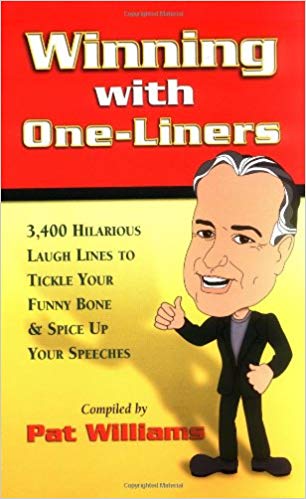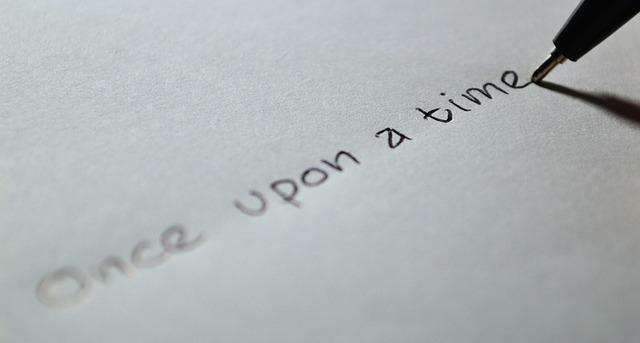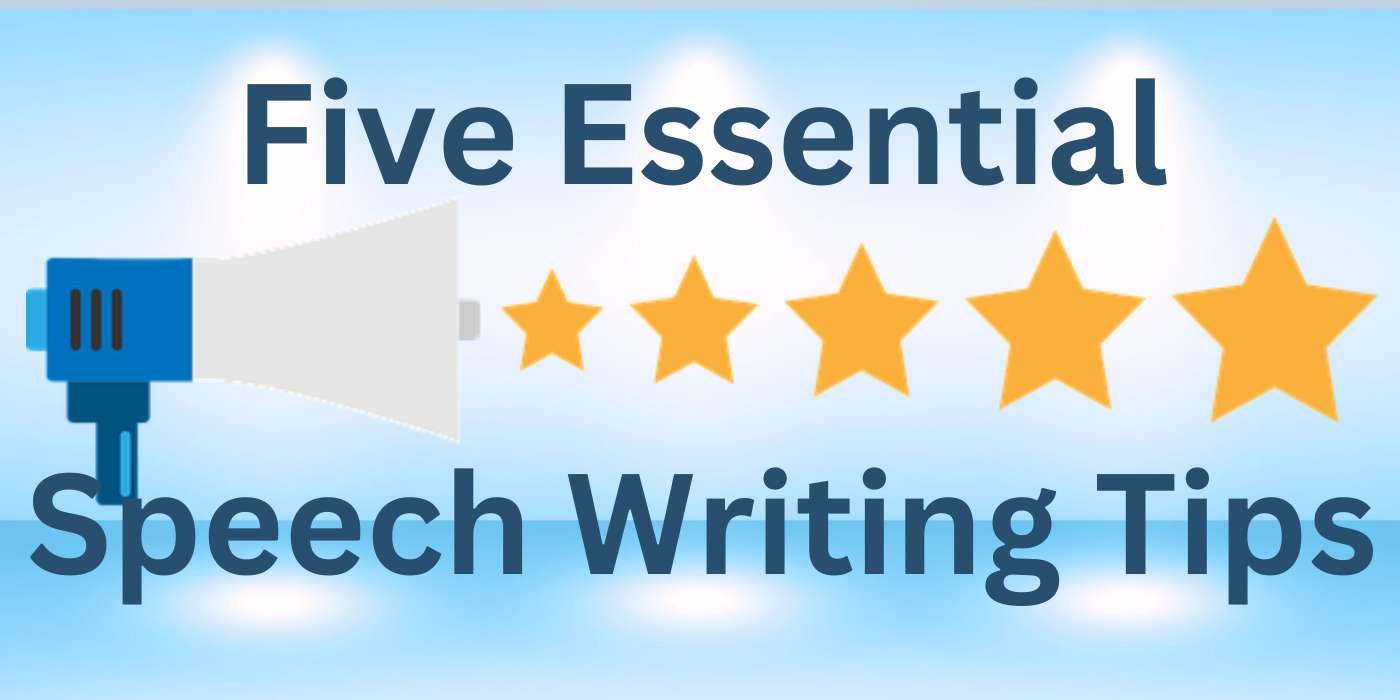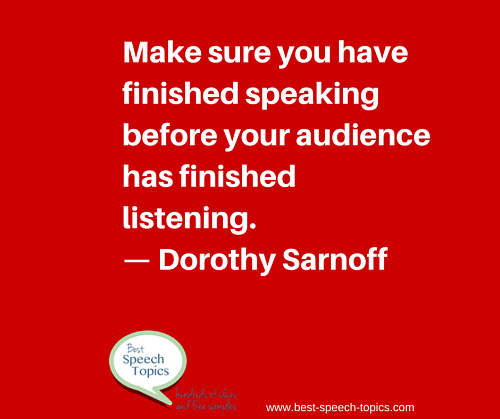Public Speaking Jokes
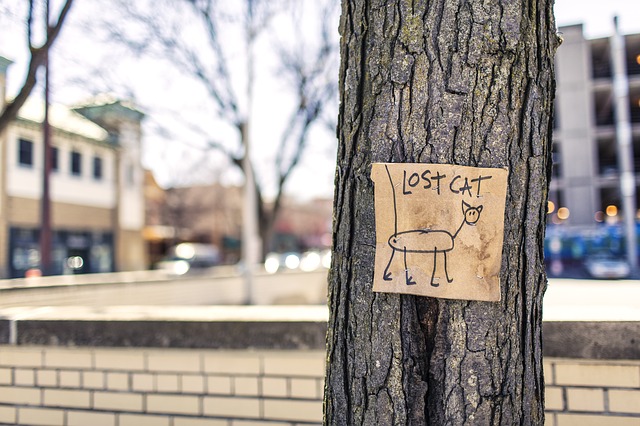
Using public speaking jokes or stories in a speech can be an effective method of connecting with an audience.
It's a great way to get your presentation off to a good start, with a lot of positive momentum.
BUT... you'll run into problems if you don't structure the joke or story properly, or don't rehearse it enough.
The LAST thing you want to do is begin your speech with a dud of a joke or story. Then you'll spend the rest of the speech fighting to get your audience back, rather than riding a wave of audience approval!
Ideally - tell a funny personal story
Ideally, you should tell stories that are unique to your experience; ones that happened to you personally. The reason this works out so well is that it rings true. You are repeating the story with conviction because you were there and the audience can feel the genuineness and authenticity in your voice and delivery.
But, structure your public speaking jokes or stories properly for hilarious impact
It's unfortunate then, that real stories often end up with blank stares and the speaker saying, "Well, I guess you had to be there." The fact is, whether a story is true or not, it must be structured properly to elicit laughter. Many times a speaker will tell a story whose humor relies on certain qualities of the characters in the story that the audience does not know. If you tell a public speaking joke or story that hinges on the fact that your cousin is afraid of water, and the audience neither knows your cousin, nor this pertinent information, the story will die. And too often, this is the type of story audiences get. The opposite problem is when speakers use known public speaking jokes or stories but do not alter them to fit their circumstances enough. They begin a speech by saying, "Before I begin let me tell you the story of the nun and the monkey," and then tell a standard joke that is loosely connected to their speech. You can see the “eye rolls” throughout the room.
A better strategy is to find a story that fits you fairly closely and then modify it as if it actually happened to you.
For example, if you grew up in Catholic school and had to give a speech on creative thinking in business, you could tell this joke:
"Creative thinking is so important in today's business world. I remember one day when I was a kid in Catholic school I created a different way of looking at things. I was in the lunch line at St. Timothy's and came upon a pile of apples. Sister Margaret had printed a little sign that said, 'Only take one, please. God is watching.' A little further down the line I came upon a big pile of cookies. So I took out my pen and a piece of paper and wrote a sign that said, 'Take as many cookies as you want. God is watching the apples.'"
Now, whether you think that particular public speaking joke is the height of humor or not, I think you will agree the story is much more effective when the speaker tells it as if they were the subject of the story.

If you tell it in the third person, it is much less effective. And a story like that could be changed to Hebrew School, Sunday School, Summer School or whatever.
The truth is audiences do not care if public speaking jokes are true or not, they just want a good story that makes them laugh and feel good. For true stories, structure them so that an audience has all the information they need to get the joke.
Or, take one of the many public speaking jokes out there, modify it to your own background and tell it as if it actually happened to you. With a well structured story delivered with conviction - and a huge dose of blarney! - you are on your way to winning speeches.
Related public speaking advice
Writing Tips...
- Top 5 Tips
- Effective Speech Writing - How to Keep Your Audience Hooked!
- How to Come Up with Topic Ideas
- Speech Titles
- Speech Introductions
Speech Delivery Tips...

